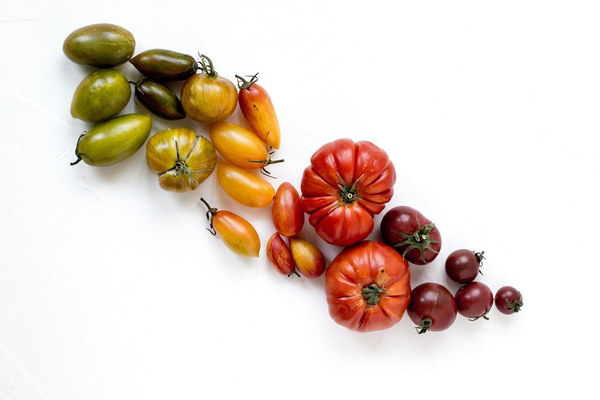Record-Breaking Grain Subsidies Announced for the Year 2023 How Much Will Farmers Receive
In a significant move to boost agricultural productivity and support farmers, the government has announced a record-breaking grain subsidy for the year 2023. This latest development comes as a welcome relief for farmers across the nation who have been facing numerous challenges in recent years. The amount allocated for these subsidies is expected to reach an unprecedented level, providing substantial financial support to the agricultural sector.
The grain subsidy for 2023 has been increased by 30% compared to the previous year, totaling an impressive $10 billion. This substantial increase in funding is aimed at addressing the rising costs of production, ensuring stable grain prices, and fostering sustainable agricultural practices.
The primary objective of the subsidy is to enhance the income of farmers, who play a crucial role in feeding the nation. With the cost of living soaring, this financial boost will help farmers maintain their livelihoods and invest in modern farming technologies. The increased subsidies are expected to have a positive impact on the overall economic well-being of rural communities.
The government recognizes the importance of food security and aims to achieve self-sufficiency in grain production. By providing substantial financial support to farmers, the government is encouraging the cultivation of staple crops such as wheat, rice, and corn. This move is expected to bolster the country's food reserves and reduce dependence on imported grains.
The $10 billion subsidy will be distributed among various segments of the agricultural sector, including small-scale farmers, medium-sized farms, and large-scale agricultural enterprises. The government has introduced a targeted approach to ensure that the subsidies reach those who need them the most.
For small-scale farmers, the subsidy will cover a significant portion of their production costs, including seeds, fertilizers, and pesticides. This will enable them to enhance their productivity and competitiveness in the market. Additionally, the government has allocated funds for training and capacity-building programs to empower farmers with the necessary skills and knowledge.
Medium-sized farms, which form the backbone of the agricultural sector, will also benefit from the increased subsidies. The funding will help them invest in new equipment, expand their operations, and improve their overall efficiency. This, in turn, will contribute to the country's overall food production and reduce the reliance on imported grains.

Large-scale agricultural enterprises will receive a substantial portion of the subsidy to encourage them to adopt advanced farming techniques and sustainable practices. This will not only enhance productivity but also reduce the environmental impact of agricultural activities.
The government has also introduced several measures to ensure that the subsidies are utilized effectively. A strict monitoring system has been put in place to prevent misuse and ensure that the funds reach the intended beneficiaries. Additionally, the government has allocated funds for research and development in agriculture to promote innovation and technological advancements.
The increased grain subsidies for 2023 have received widespread support from various stakeholders, including farmers' associations, agricultural experts, and policymakers. The move is expected to have a positive ripple effect on the economy, as increased agricultural productivity will lead to job creation and reduced inflation.
In conclusion, the record-breaking grain subsidies announced for the year 2023 are a testament to the government's commitment to supporting the agricultural sector and ensuring food security for the nation. With a total of $10 billion allocated for subsidies, farmers across the country can look forward to a more prosperous future. The targeted approach and strict monitoring mechanisms will ensure that these subsidies reach the intended beneficiaries, fostering sustainable agricultural practices and enhancing the income of farmers. As the country moves towards self-sufficiency in grain production, the increased subsidies will play a crucial role in shaping a more resilient and prosperous agricultural sector.









